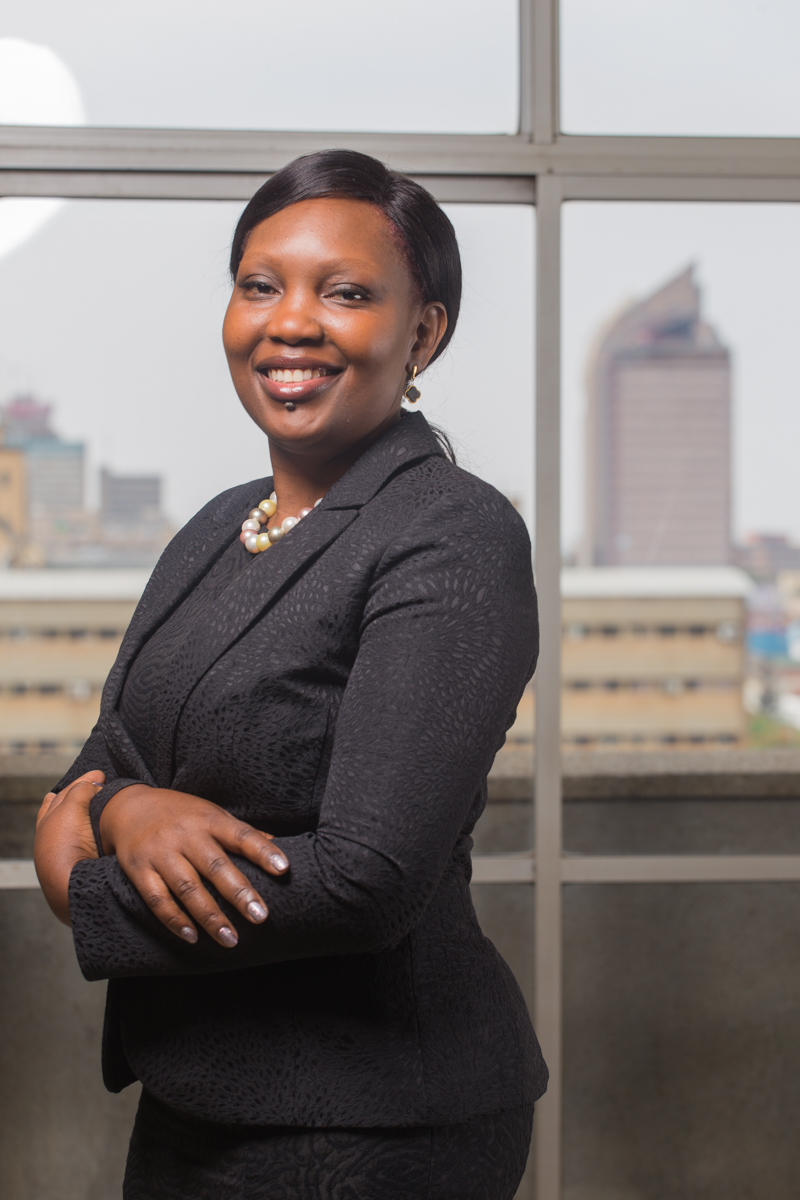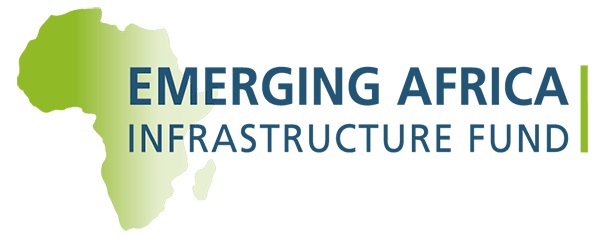The theme of this year’s Oxford Business Forum Africa was ‘Single Market, Global Outcomes.’
Hosted by the School’s Oxford Africa Business Alliance, the event explored the implications of the African Continental Free Trade Agreement (AfCFTA) on the development and ease of doing business on the continent.
‘One of the big indirect effects of the African Continental Free Trade Agreement (AfCFTA) will be that women become a lot more economically empowered,’ said Vera Songwe, Executive Secretary of the United Nations Economic Commission for Africa. She cited a World Economic Forum report that forecasts it will take Africa 102 years to close the gender gap. ‘With the AfCFTA, we hope that 102 years will become fifteen,’ Songwe told delegates.
‘The significance of the AfCFTA cannot be overstated,’ said Professor Landry Signé. ‘It is a real necessity and the potential benefits are huge. If successfully implemented, the AfCFTA will help generate a combined consumer and business spending of more than US$6.7 trillion by 2030. Business-to-business spending will be about US$ 4.2 trillion, with agribusiness having the largest share with almost US$1 trillion. Consumer spending will reach about US$2.5 trillion with food and beverage, then education and transport, representing the largest sectors.’
‘The AfCFTA has the potential to increase the continent’s economic output by US$29 trillion by 2050,’ said Professor Signé. ‘It will help unlock Africa business potential, accelerate industrial development economic diversification and create quality jobs for youth, women and small and medium enterprises. It will also contribute to sustained and inclusive growth, which is critical for progress in the sustainable development goals and Agenda 2063.’
Ronak Gopaldas, Director, Signal Risk had mixed views of AfCFTA: ‘The rhetoric doesn’t necessarily match the reality. On the one hand we’re talking about reducing the cost of doing business, making it easier, having regional co-operation and yet countries like Nigeria are taking a very nationalistic and protectionist approach. African countries need to use economic diplomacy effectively and understand that as a collective, power can be leveraged. That’s when you have muscle and gravitas on a global scale because you become too big to ignore.’
In a panel discussion that considered appropriate financial structures that can act as positive vehicles of change, Geetha Tharmaratnam, Partner & Head of Impact, LGT Impact commented:‘Why don’t we start with unlocking the power of women? Over 80% of the consumption choices is in the hands of women on the continent today. A new IFC report which looked at gender within the private equity industry found only 11% of emerging markets private equity senior management are female, but where there was more gender balance, the returns from the investments were higher by 20%.’

Hakeem Belo-Osagie, Chairman, Metis Capital Partners was optimistic about AfCFTA: ‘The agreement opens up the continent to tremendous possibilities.’ Mr. Belo-Osagie called for bright minds to join the government rather than the private sector: ‘Change takes place at two levels: at the level of government; and the level of business and they need to happen simultaneously. If you do not have a government that takes care of security, infrastructure and education, business will not be able to flourish. People who are able, committed, educated and intelligent need to go into politics and government. If you look at most of the successful developed countries in the world, all have had a core of truly outstanding bureaucrats.’
Pumela Salela, UK Country Head, Brand South Africa participated in a panel discussion about branding the African narrative: ‘It is about looking at Africa through the eyes of Africans. It’s about understanding our history, our values, our stories, our culture, our vision and how they combine to create a common sense of identity from which we can position the continent. We never see poverty, we see opportunity.’
Aigboje Aig-Imoukhuede, Founder and Chairman of the Africa Initiative for Governance emphasised the role of technology to accelerate growth on the continent: ‘Technology in Africa is a transformational force that is much more relevant than it is in Europe, North America or Asia. The infrastructural constraints in Africa are huge and the cost to overcome those constraints are beyond the capacity of the capital available within the country.’ Mr. Aig-Imoukhuede also stressed the need for the public and private sector to work together: ‘To change Africa, the private sector alone cannot do it. We need public sector partners. We need capacity in the public sector of a level that is stronger and higher than we have in the private sector. If we don’t fix and address the human capital deficit in the public sector, we will be limiting Africa’s opportunities and chances.’
Oxford Business Forum Africa was established to support the School’s commitment to create meaningful networks and opportunities within Africa. It is also an opportunity for the School to develop new and strengthen existing relationships with individuals and organisations who share its vision.
Tammy Brophy, Chair, Oxford Africa Business Alliance said: ‘The Forum is a vibrant platform which raises awareness of the business opportunities that exist on the continent, explores challenges faced by entrepreneurs and investors doing business in Africa and offers a prognosis for future growth. We are proud to have had over 11% of each Oxford MBA cohort hailing from Africa in recent years, which is significantly higher than other business schools, where the average is 2%. By learning directly from leading business people working in Africa, the Forum focuses on understanding the interconnected nature of business, the diversity of markets and consumers in African countries, and the innovative approaches business adopt to maximise their impact.’
Did you miss a session at Oxford Business Forum Africa 2019 or couldn’t attend the Forum this year? Watch back any of the sessions here.


